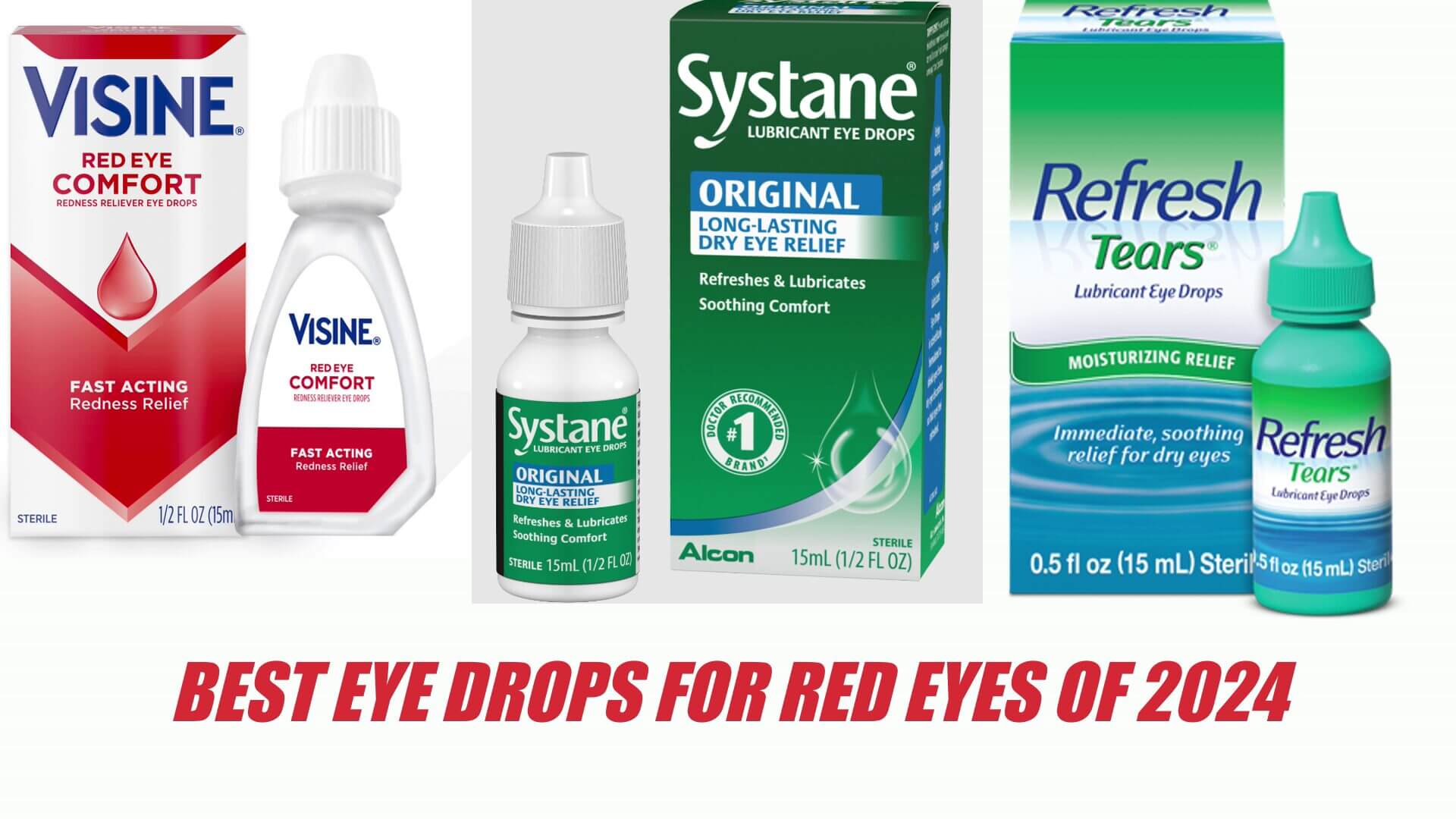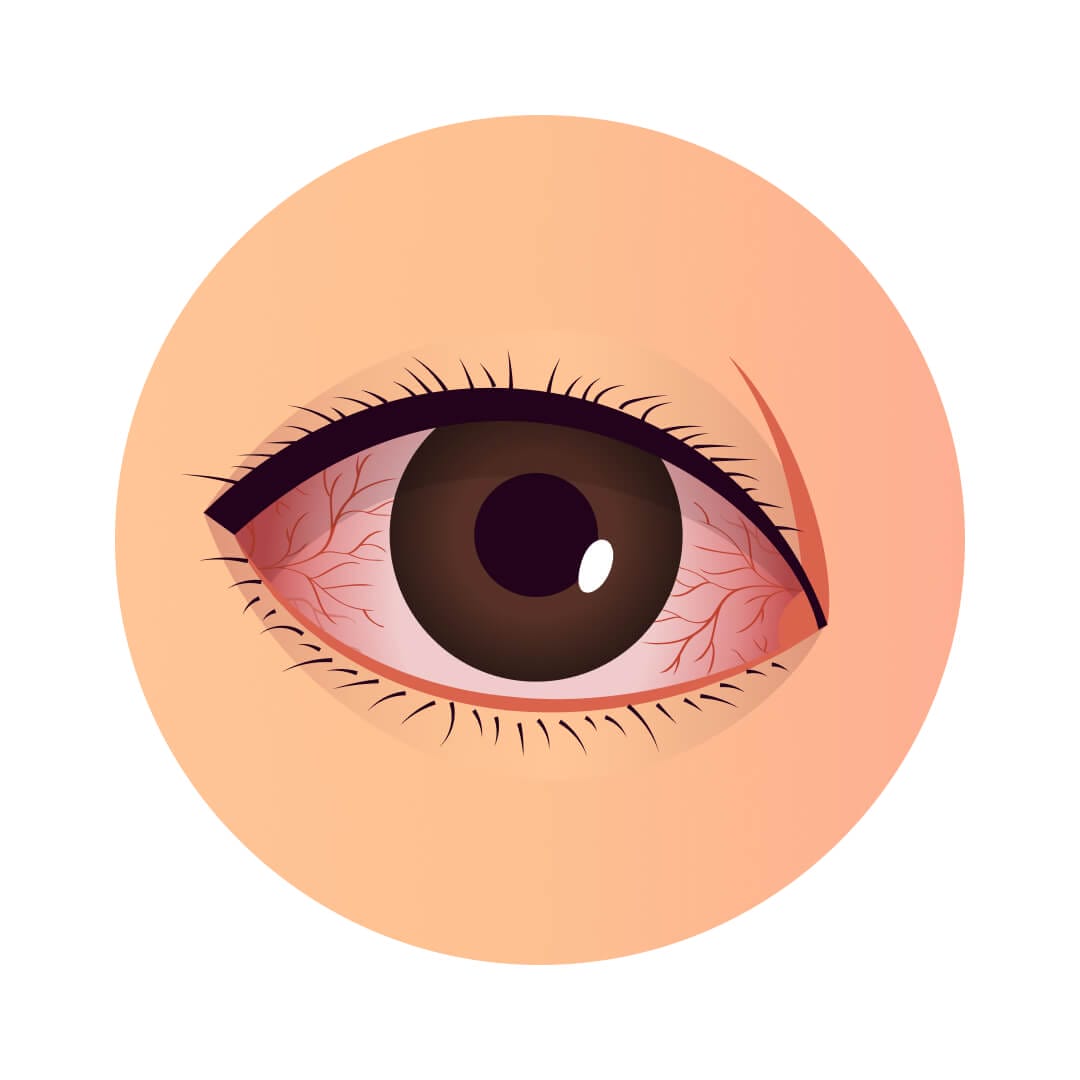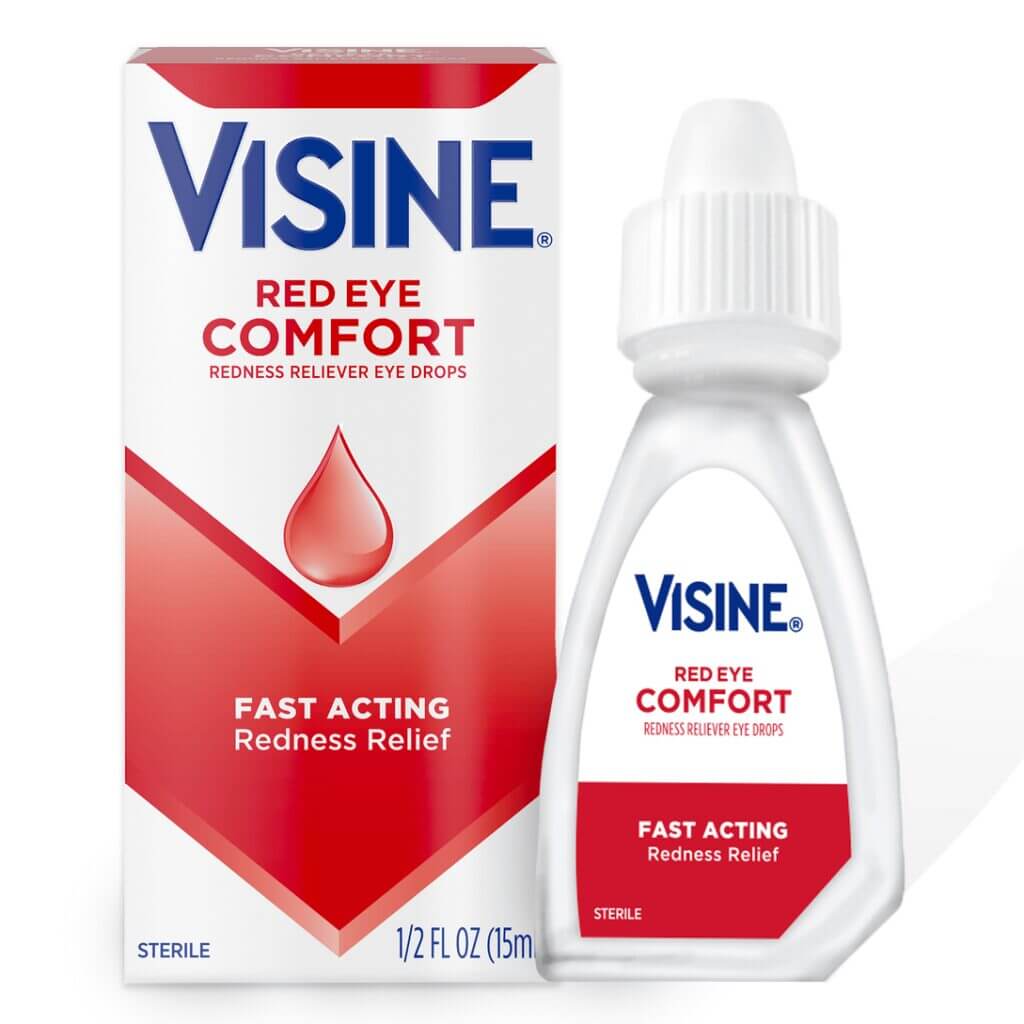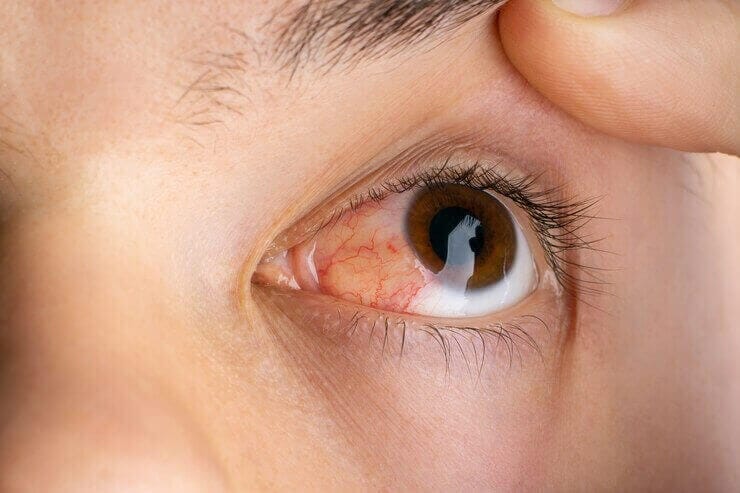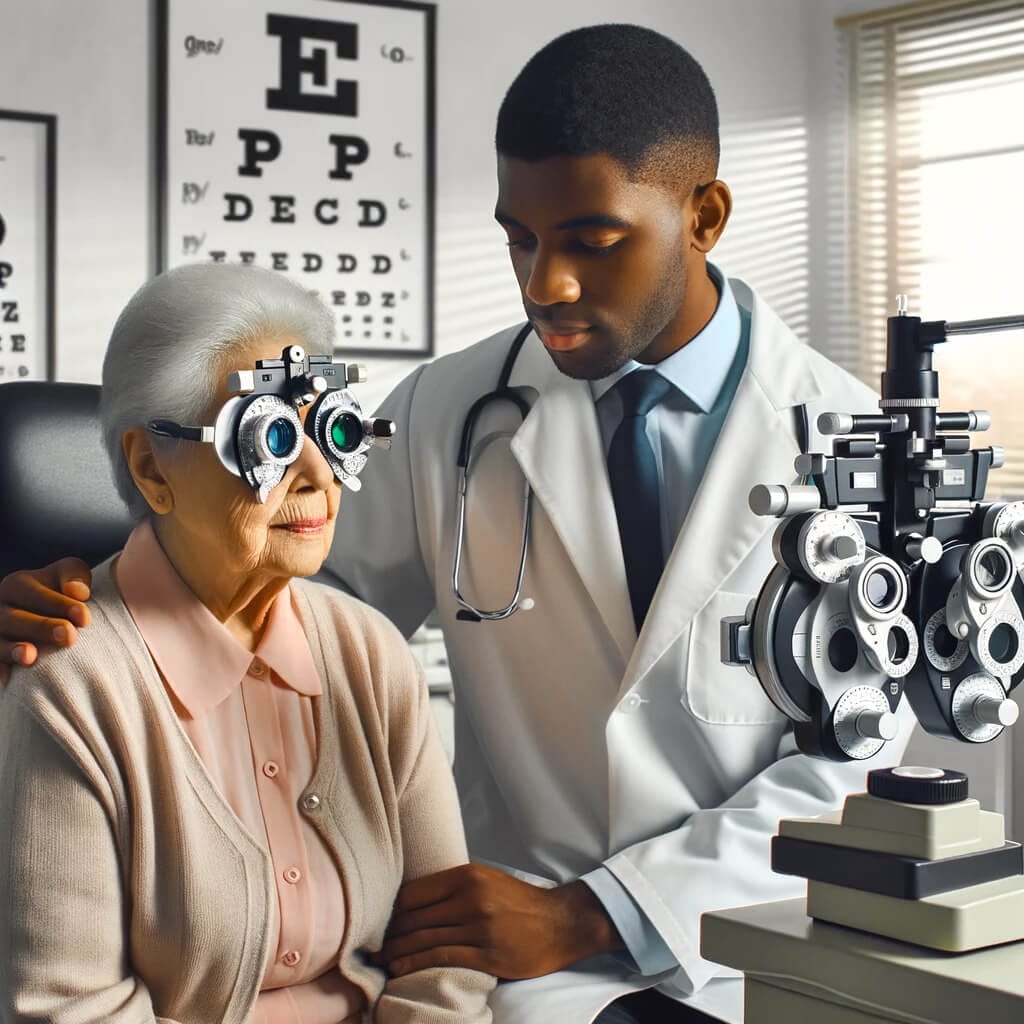- Rebound Redness: Using decongestant eye drops for too long, especially those containing Tetrahydrozoline or Naphazoline, can actually worsen redness over time.
- Preservatives: Some eye drops contain preservatives which, with prolonged use, can irritate or harm your eyes.
- Allergies and Sensitivities: Be cautious of allergic reactions to certain ingredients in eye drops.
- Medication Interactions: Eye drops can sometimes negatively interact with other medications you're taking.
- Excessive Use: Using eye drops excessively or without medical advice, particularly those with Tetrahydrozoline or Naphazoline, can lead to more serious eye issues.
Always consult with an eye doctor before starting to use eye drops or if you are experiencing any complications.

